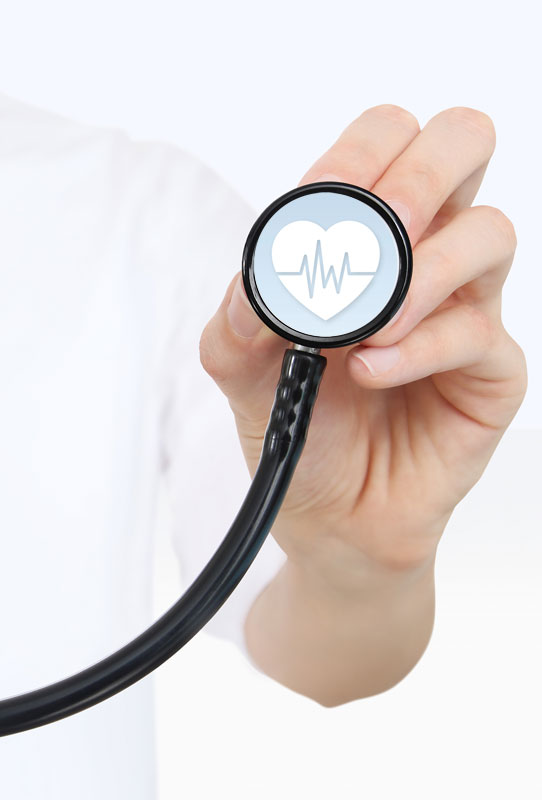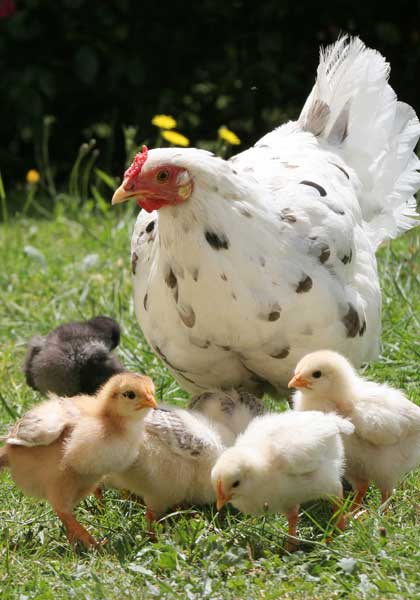Not sure it's an emergency?

HELP!
It's an emergency!
ANIMAL EMERGENCIES — Dr. Bek's top 10 FAQ
If you have a sick or injured animal, don’t delay — call the hospital...
5756 2444
Our vets are on call to advise & assist in an Emergency situation.

How can I tell if my pet needs emergency treatment?
Not every sign of unusual symptoms will require emergency treatment but if you are in any way concerned you should always call our hospital emergency number for advice (5756 2444), or your local vet if you live outside our service area.
If you are uncertain what’s wrong we have some articles that offer advice on how to recognise symptoms needing urgent treatment. Any of the specific symptoms detailed in these articles require immediate veterinary attention: for dogs, for cats and for horses.
You can also check out the full range of articles related to animal health emergencies, treatment and first aid below.
What should I do next?
First, stay calm. A quiet, measured approach will help both you and your pet. Be ready to clearly explain the symptoms/events to the on-call veterinarian.
Call the hospital. Even after hours, use our normal number — (03) 5756 2444) — and follow the message prompts to speak to the on-call vet, who will evaluate the nature of the emergency and give you instructions on what to do next.
Don’t delay. Unless your pet has been in an accident or a fight it may not always be obvious if they need emergency treatment, but even in cases where symptoms appear to be not immediately severe, if you are unsure call earlier rather than later. This is particularly important in cases that might involve poisons or venomous bites.
Don’t self-diagnose. Every emergency is scary, but not every unusual symptom is life threatening. In some cases you may, with veterinary advice, be able to administer basic first aid or simple treatments at home (see the articles below). But unless you are certain you know what the problem is you should never attempt to diagnose or treat it yourself. Call the hospital. If the problem can be treated at home or will wait until morning the on-call vet will tell you, and provide advice on interim treatment.
Can I come straight to your hospital?
We understand that in an emergency the natural urge is to put your pet in the car and head straight for our hospital but in most cases it is always best to telephone first, or to call while on your way.
During normal hospital hours calling ahead gives us a chance to quickly evaluate the problem and to advise you of the best way to proceed. Vets may also be involved in surgery or other procedures that cannot be interrupted. Calling ahead ensures that the vet knows you are on your way and allows us to minimise any delay before your pet can be seen.
In after hours cases vets and nurses may be out on other emergency calls. A phone call ensures that you will be aware of any delay and, if necessary, we can direct you to alternative emergency care facilities.
After-hours, that initial phone call can also gain precious extra time for us to open the hospital and start preparations. This can be vital because some of the machines we use need an activation and calibration period prior to use. A quick call means that by the time you arrive we can be waiting for you with everything ready to go to provide immediate, appropriate treatment.
Even a few minutes can sometimes be critical to saving a sick or injured animal. In any emergency, please call the hospital number and listen carefully to the whole message, then follow the prompts. It could save your pet’s life.
Is the hospital open 24 hours?
Alpine Animal Doctors is not a 24-hour emergency referral hospital. Our hospital/clinic is open only during normal business hours. However, a vet is on call 24/7 for emergencies, including weekends and public holidays. Please note that while we make every effort to ensure an uninterrupted service, we cannot absolutely guarantee that a vet will always be available.
Our after-hours service is primarily intended for existing clients of Alpine Animal Doctors, however, provided that you can get your pet to the hospital, or you live in our call-out service area, we will never refuse to treat an animal where a clear emergency situation exists, e.g., road accidents, injuries, poisoning, snake bite or other life threatening issues.
In some cases, usually where the emergency is related to complex conditions currently being treated/managed by another nearby veterinary clinic and we do not have access to your pet’s clinical history, we may have little option but to refer you back to your usual local vet.
These are not hard and fast rules. Our first priority is always to the health and wellbeing of the animal and we will do everything possible to assist in any genuine emergency.
Can you come to my home?
Yes, from our base in Porepunkah Alpine Animal Doctors offers emergency after-hours treatment at your home or farm, where appropriate. Our home callout service is only available in an area bounded by Mudgegonga to the north, Myrtleford and Nug Nug to the west/north west and Harrietville to the south.
Outside of this area we can only treat animals at the hospital. If you are located outside of our home visit area and cannot bring your pet to us please call your nearest emergency vet.
Please be aware that house-calls may not always be available and attract additional fees.
Is emergency treatment more expensive?
In some cases, yes. If your pet requires emergency hospital treatment during normal clinic hours no additional charges apply. Costs will be the same as any standard appointment. Please note however that emergencies can often require invasive or urgent intervention treatments which can, in some cases, be expensive, for example snake bite antivenin.
For emergency hospital treatment at night, weekends or on public holidays you will pay no more for medications/drugs or services such as X-rays than you would during normal hours. However, after hours hospital treatment does attract higher fees for the time of the attending vet and nurse(s). This is similar to any after hours callout service.
Home visit treatment will also attract further fees for travel etc.
Can I treat my sick pet at home in an emergency?
We really cannot recommend it. Treatment at home in an emergency is never a substitute for expert veterinary care. However, in some situations you may have no alternative but to try to help a sick or injured animal and, properly carried out, emergency animal first aid may save your pet’s life.
Before attempting to help your pet you should always first try to obtain veterinary advice. If this is impossible please read the first aid articles linked below.
My pet is in pain, can I give him/her human painkillers?
No! This is almost always a very bad idea. While you may be tempted to try to provide some relief for your pet by using over-the-counter painkillers you might have at home, the reality is you may be killing your pet. Paracetamol (Panadol etc) is particularly toxic to cats and dogs. If it doesn’t kill them immediately, the toxic substances can be stored and accumulated in internal organs. Please see this article for further information.
It is always best to contact the hospital for advice. Our emergency hotline is available 24 hours a day and we would prefer that you woke us up to ask for advice rather than self medicate your pet.
My pet has been bitten by a snake, what should I do?
Snake bite is always a serious and life threatening incident that must be treated swiftly to save the life of a pet. If you are sure the animal has been bitten you should get someone to call the hospital (5756 2444) while you…
Keep the animal calm and as still as possible to minimise venom absorption.
Most snake bite wounds are not visible but if a limb has been bitten, bandage the entire leg firmly to limit venom movement through the lymphatics. Do not use a tourniquet to cut off circulation.
If your pet has stopped breathing, attempt mouth to nose resuscitation, and, if possible, continue this during transport of your pet to the hospital.
See this article for more information on recognising symptoms, but if you know it’s a snake bite, do not waste time reading articles — get your pet to a vet!
My pet has ingested poison, what should I do?
Like snake bite, in all cases of poisoning there is potential for serious ongoing health issues. Swift treatment is vital. Any known or suspected case of poisoning needs immediate veterinary treatment. Your first priority should be to call the hospital for emergency advice and to get your pet to us — or your nearest vet — as quickly as possible.
On this page you will also find a range of articles detailing symptoms, effects & treatment and first aid for poison cases.





